Tweets can reveal your income level
Those who earn higher tend to express more fear and anger
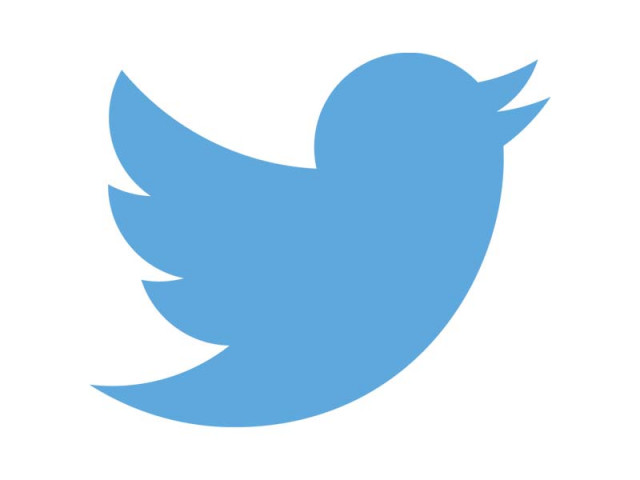
Those who come across as optimists have a lower mean income. PHOTO: FILE
Analysing more than 10 million tweets from over 5,000 Twitter users, the researchers found that those who earn more tend to express more fear and anger on Twitter.
Those who come across as optimists have a lower mean income, the study said. Text from those in lower income brackets includes more swear words, whereas those in higher brackets more frequently discuss politics, corporations and the non-profit world, the researchers said.
“Lower-income users or those of a lower socio-economic status use Twitter more as a communication means among them,” said Nikolaos Aletras from University College London. “High-income people use it more to disseminate news, and they use it more professionally than personally,” Aletras noted.
For this experiment, the researchers started by looking at Twitter users’ self-described occupations. In Britain, a job code system divides occupation into nine classes. Using that hierarchy, the researchers’ determined average income for each code, then sought a representative sampling from each.
After manually removing ambiguous profiles, the team ended up with 5,191 Twitter users and more than 10 million tweets to analyse. “It is the largest dataset of its kind for this type of research,” one of the researchers Daniel Preotiuc-Pietro from University of Pennsylvania said.
From there, they created a statistical natural language processing algorithm that pulled in words that people in each code class use distinctly. “The dataset enabled us to do something no one has really done before,” Preotiuc-Pietro noted. The study was published in the journal PLOS ONE.
Published in The Express Tribune, October 2nd, 2015.
Like Life & Style on Facebook, follow @ETLifeandStyle on Twitter for the latest in fashion, gossip and entertainment.


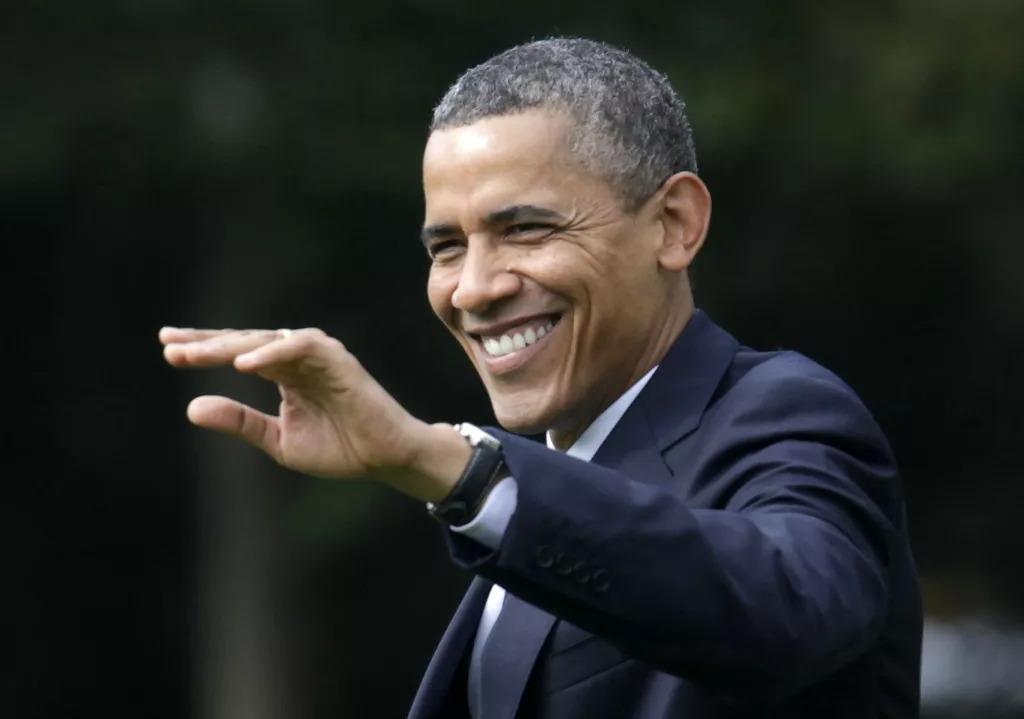

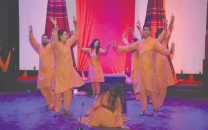
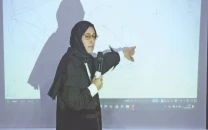
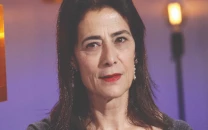












COMMENTS
Comments are moderated and generally will be posted if they are on-topic and not abusive.
For more information, please see our Comments FAQ